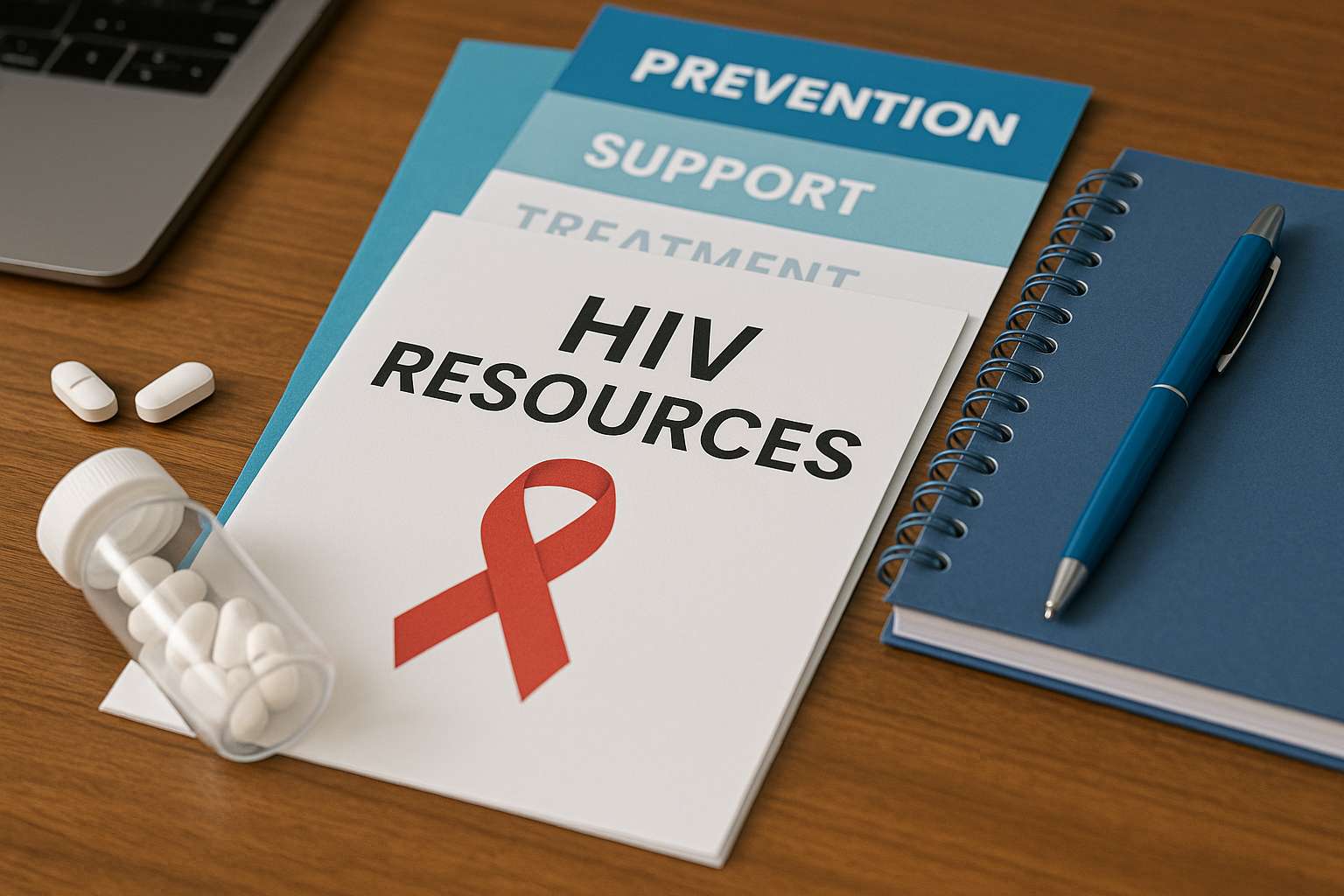Table of Contents
- Understanding HIV and the Need for Resources
- Where to Find Reliable HIV Resources
- Digital Tools and Community-Based Support
- Government and Global HIV Resource Hubs
- How to Use HIV Resources to Improve Health
Understanding HIV and the Need for Resources
When someone is diagnosed with HIV, it can feel overwhelming. Where do you turn? Who can you trust? Fortunately, a wealth of HIV resources exists to provide help, education, and hope. These resources are crucial for anyone living with HIV or supporting someone who is.
HIV resources include more than just brochures or hotline numbers. They range from community clinics to online support groups, offering information about testing, prevention, and treatment. With the right guidance, people can lead long and healthy lives despite their diagnosis.
Where to Find Reliable HIV Resources
One of the most trusted places to begin is with your local health department. Many cities offer dedicated HIV clinics that provide testing, counseling, and treatment at low or no cost. You can also find helpful HIV resources at Healthcare.pro, which connects users with healthcare providers and wellness tools.
National organizations like the CDC’s HIV Basics offer up-to-date information on everything from symptoms to current treatment protocols. For those seeking immediate answers, helplines like the CDC-INFO hotline (1-800-CDC-INFO) can guide you to the nearest care center.
In addition, many hospitals now have specialized infectious disease teams ready to support patients at every stage of their journey.
Digital Tools and Community-Based Support
Technology has made HIV resources more accessible than ever. Mobile apps can remind users to take medication, track symptoms, or even locate nearby testing centers. Apps like “MyTherapy” or “CareZone” are designed to help manage chronic health conditions like HIV.
Community-based organizations also provide essential HIV resources. These include peer support groups, harm reduction programs, and culturally specific outreach efforts. Services offered by nonprofits like The AIDS Institute often target high-risk populations with tailored education and services.
Online communities such as POZ Forums or TheBody.com’s support sections let users share experiences and advice in a safe space. These networks foster a sense of belonging and reduce the stigma that many people living with HIV still face.
Government and Global HIV Resource Hubs
Beyond local and digital resources, many global and federal agencies dedicate significant efforts to HIV awareness and care. For instance, the Health Resources and Services Administration (HRSA) funds the Ryan White HIV/AIDS Program, which supports low-income individuals with medical care and support services.
Globally, organizations like UNAIDS work to expand access to treatment, eliminate discrimination, and push for policy changes. Their HIV resource libraries are translated into multiple languages and provide comprehensive information.
Government websites also host directories for HIV medical providers, medication assistance programs, and legal resources related to HIV discrimination or rights. These are critical tools for navigating a sometimes complex healthcare system.
How to Use HIV Resources to Improve Health
The best HIV resources are those you actively use. Begin by finding a trusted healthcare provider. Then, learn about your treatment options and stay up to date with new developments. HIV is no longer a death sentence thanks to advancements in medicine and information.
Make a habit of checking reliable sources for updates on prevention tools like PrEP or PEP. These medications can prevent HIV infection when taken properly. You might also consider signing up for clinical trial alerts or newsletters from trusted organizations.
Always be your own advocate. Whether you’re searching for medication assistance, emotional support, or guidance on living positively with HIV, remember that help is out there—and growing every day.
Conclusion
HIV resources are not just about access to treatment—they’re about empowerment, education, and community. Whether you’re newly diagnosed or simply seeking more information, knowing where to look can change everything. From digital apps to global health programs, there’s a network of support designed to help people live longer, healthier lives. Don’t hesitate to explore and use these valuable tools.
This content is not medical advice. For any health issues, always consult a healthcare professional. In an emergency, call 911 or your local emergency services.
FAQs
What are the best websites for HIV information?
Trusted sites include CDC.gov, HIV.gov, and TheBody.com. They offer updated facts, treatment guidelines, and community forums.
How can I find free HIV testing near me?
Visit your local health department’s website or use the CDC’s GetTested locator tool to find free or low-cost testing sites.
Are there apps that help manage HIV?
Yes. Apps like MyTherapy and CareZone can help with medication reminders, doctor visits, and health tracking.
Is PrEP part of HIV resources?
Absolutely. Pre-exposure prophylaxis (PrEP) is a key prevention tool and is often included in HIV prevention resources.
Can I get support if I’m newly diagnosed with HIV?
Yes. Many clinics offer counseling and peer support. You can also find community forums and helplines to guide you through.




